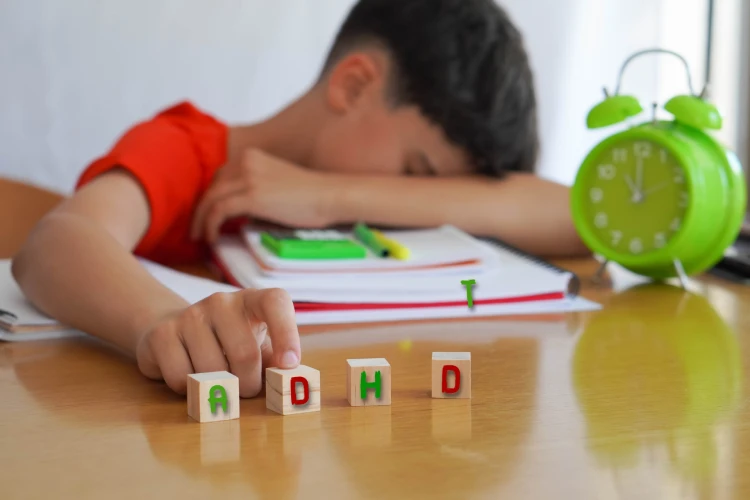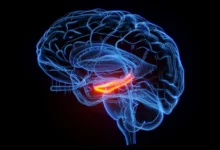Study Finds Exercise as a Cognitive Boost for ADHD
How 30 Minutes of Aerobic Exercise Can Enhance Focus and Motor Skills in Adults with ADHD

Attention-deficit hyperactivity disorder (ADHD) affects millions worldwide, often requiring medication to manage symptoms. However, A new study from researchers in Taiwan indicates that aerobic exercise could offer a temporary boost in cognitive function for people with ADHD. The research, published in Psychiatry Research, explores how a single 30-minute session of aerobic activity can temporarily enhance cognitive functions by altering brain activity.
How Aerobic Exercise Affects the ADHD Brain
The study, led by neuroscientist Hsiao-I Kuo from National Taiwan University, involved 26 adults with ADHD and 26 without the disorder. Participants completed two sessions of aerobic exercise, pedaling a stationary bike for 30 minutes with a structured warm-up and cool-down. In separate sessions, they also completed a control activity, sitting on the bike while watching a nature documentary.
The researchers then tested participants on cognitive tasks measuring inhibitory control (the ability to suppress impulsive actions) and motor learning (a measure of muscle memory). Using transcranial magnetic stimulation (TMS), they also assessed two key brain activity markers: intracortical inhibition (SICI) and intracortical facilitation (ICF).
SICI refers to the brain’s ability to suppress unnecessary or excessive neural activity, which helps regulate attention and impulse control. People with ADHD typically have lower levels of SICI, meaning their brains struggle to filter distractions effectively.
ICF, on the other hand, measures the brain’s ability to enhance communication between neurons, supporting learning and memory. In healthy individuals, exercise generally increases ICF while decreasing SICI, but in ADHD patients, the study found that exercise actually increased SICI, bringing it closer to normal levels.
The results showed that aerobic exercise increased intracortical inhibition (SICI) in ADHD participants, a key finding because people with ADHD generally have lower levels of this inhibition compared to neurotypical individuals. This change in brain activity correlated with improved inhibitory control and motor learning.
In contrast, for those without ADHD, exercise decreased SICI but still improved motor learning without significant effects on inhibitory control.
Interestingly, these findings align with how stimulant medications like methylphenidate (commonly known as Ritalin) work. Methylphenidate increases intracortical inhibition in people with ADHD, which helps improve focus and impulse control.
Implications, Limitations, and Future Research

These findings suggest that aerobic exercise can provide short-term cognitive benefits for people with ADHD by temporarily increasing cortical inhibition, similar to the effects of stimulant medication. However, while the study highlights the potential for exercise as a supplementary strategy, it does not suggest it can replace medication.
The effects were short-lived, and further research is needed to determine how long they last or if consistent exercise could lead to longer-term benefits.
Moreover, the study focused only on young adults, leaving open questions about whether children or older adults with ADHD would experience the same benefits. It also examined only one type of aerobic exercise—a stationary bike—so it remains unclear whether activities like running, swimming, or dancing would have similar effects.
Future research could explore whether different intensities, durations, or frequencies of exercise yield stronger or more prolonged cognitive improvements.
For individuals with ADHD, incorporating aerobic activities like jogging, cycling, or swimming into daily routines may offer a practical way to enhance focus and cognitive function. While exercise alone may not be a standalone treatment, this research underscores its value as a complementary tool in ADHD management.
As more studies emerge, personalized exercise regimens could become an integral part of ADHD treatment plans, offering a non-pharmaceutical way to support cognitive performance.
[Source]








